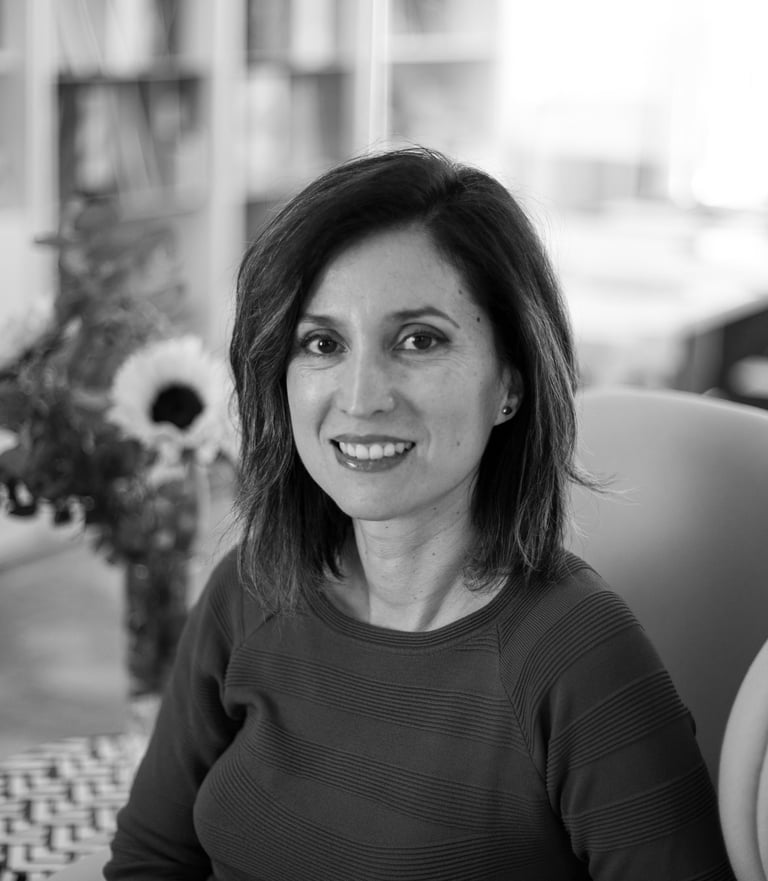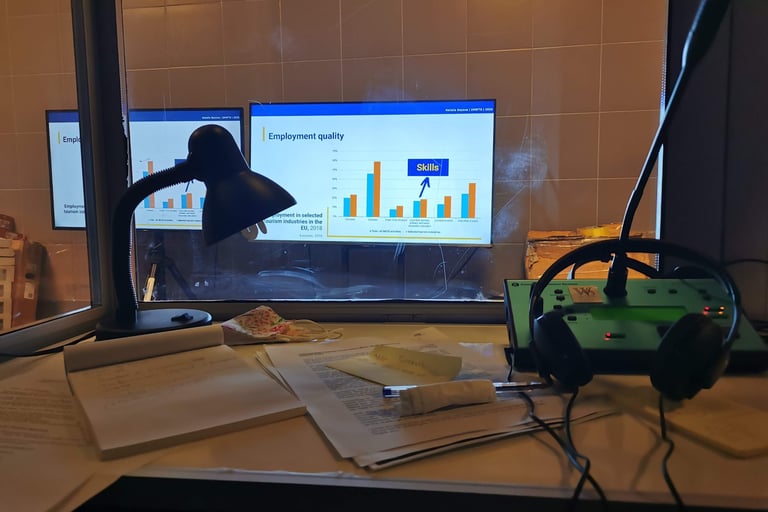Soy Aline Casanova, intérprete de conferencias certificada en Sostenibilidad por el MIT.
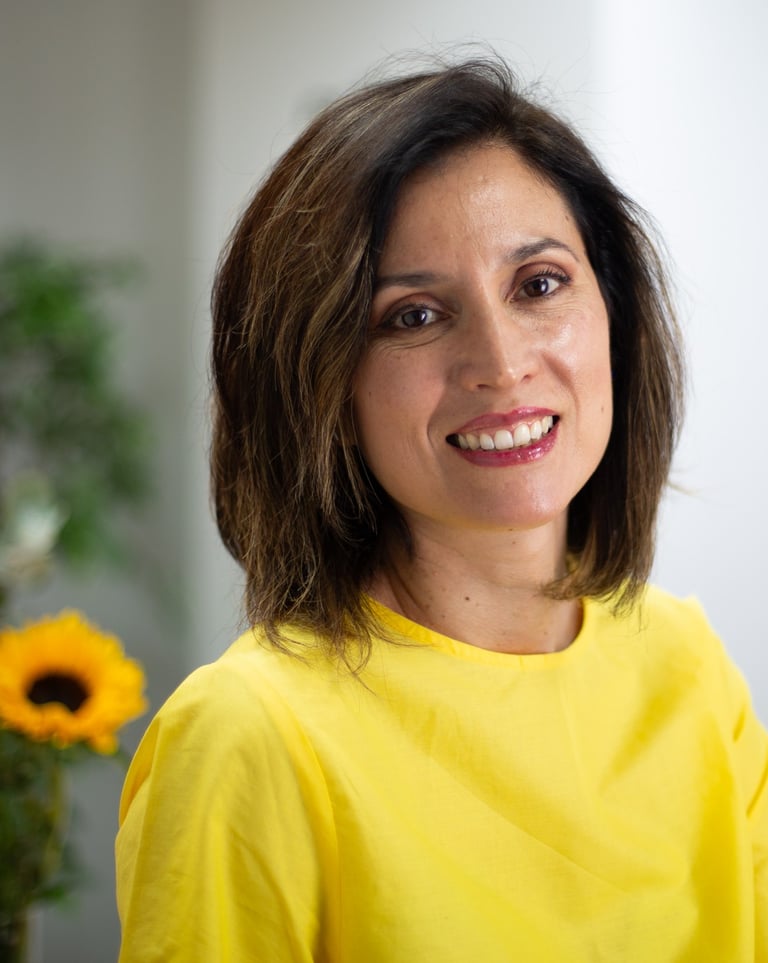

Profesional independiente con experiencia en interpretación de conferencias de alto nivel en modalidad consecutiva y simultánea, presencial y a distancia. Estoy acreditada por Naciones Unidas y por las instituciones europeas.
Responsable de la Política ESG de la Agrupación de Intérpretes de Madrid.
Voluntaria en la Asociación Huella de Carbono.
Miembro de Toastmasters International, club Nova Madrid Toastmasters.
Miembro de Golden Key International Honors Society.
Me encanta contar historias que nos inspiren a tener un mundo mejor.
― MI EXPERIENCIA PROFESIONAL
Acreditada como intérprete "freelance" por la Oficina de las Naciones Unidas (ONU) en Ginebra desde 2016.
Acreditada como intérprete de cabina española ante la Unión Europea (UE) desde 2023.
Miembro de la AIIC (Asociación Internacional de Intérpretes de Conferencias).
Presidente de AIM (Agrupación de Intérpretes de Madrid).
― Habilidades
Liderazgo
Comunicación
Pensamiento crítico
Sostenibilidad
Resolutiva
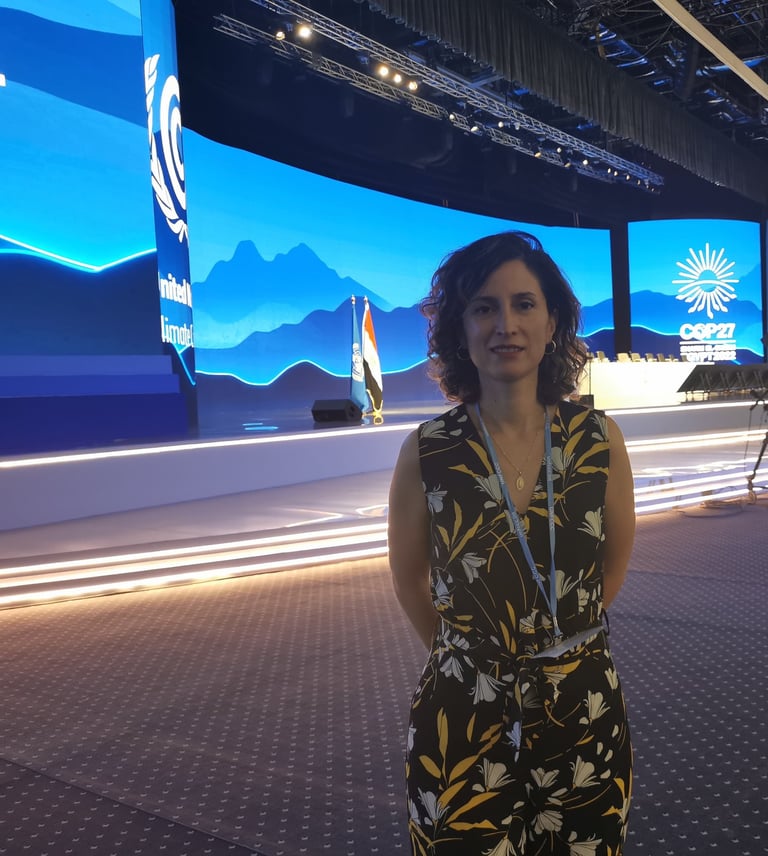

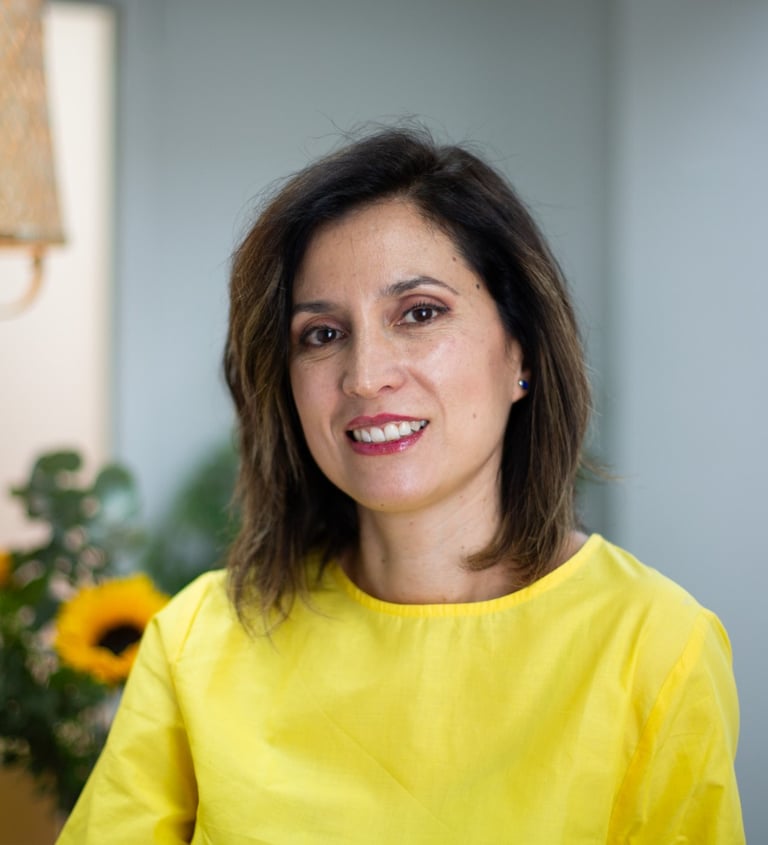

Licenciada Universitaria en Pedagogía de la Danza.
Universidad de Nuevo México (EE.UU.)
Máster Europeo en Interpretación de Conferencias.
Universidad de La Laguna (España), 2013
Desarrollo Sostenible, MOOC.
SDG Academy en EDX 2022
Certificado Profesional en Sostenibilidad.
MIT Professional Education, 2023-2024.
Instituciones estatales y autonómicas:
Ministerios españoles de Agricultura, Justicia, Asuntos Sociales, Medio Ambiente, Fomento; Banco de España; Comunidad Autónoma de Madrid y Ayuntamiento de Madrid.
Organismos europeos:
Sede en Madrid de la Comisión Europea; Eurojust; Agencia Ferroviaria Europea; Oficina Europea de Apoyo al Asilo, EIGE.
Organismos internacionales:
Banco Interamericano de Desarrollo; CAF - Banco de Desarrollo de América Latina; Consejo Oleícola Internacional; Consejo de Europa; Fondo Monetario Internacional; United Naciones Unidas para la Infancia - UNICEF; Federaciones Sindicales Internacionales; Foro Económico Mundial; Federaciones deportivas internacionales; Oficina de las Naciones Unidas en Ginebra; Oficina del Alto Comisionado de las Naciones Unidas para los Derechos Humanos; Organización Mundial del Turismo; Organización Internacional del Trabajo; Organización de Cooperación y Desarrollo Económicos.
“Al final, este trabajo es un acto de comunicación. Tengo la experiencia, la preparación y la habilidad para estar a la altura del reto que cada reunión supone, solo es cuestión de mobilizar mis recursos internos.”
- Aline Casanova
― JEREMY WATSON
We've worked on many projects together with Brooke at Stilltech, and she's a true asset to any team. She's a team player, but think on her feet and never settles for a no. Her ambition and passion for what she does is uncanny, and it's been a pleasure to see her progress and grow more confident in her professional role over time. I thoroughly recommend her for any leadership or project management roles.
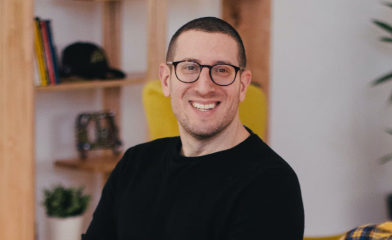

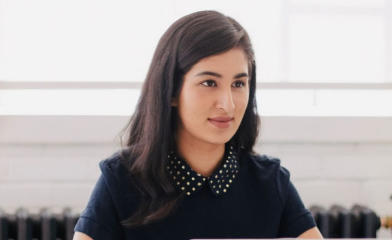

Brooke was my manager at Yeall & Co and taught me everything I know about project management. As an intern, she never treated me differently from other team members – instead, she whole-heartedly embraced my ideas and input. She helped me to think about the bigger picture and implement strategy into my everyday work, but also showed me how to bring people together and unite them for a single goal.
― LIANNE HAYES
Que dicen de mí los clientes:
Hablemos.
